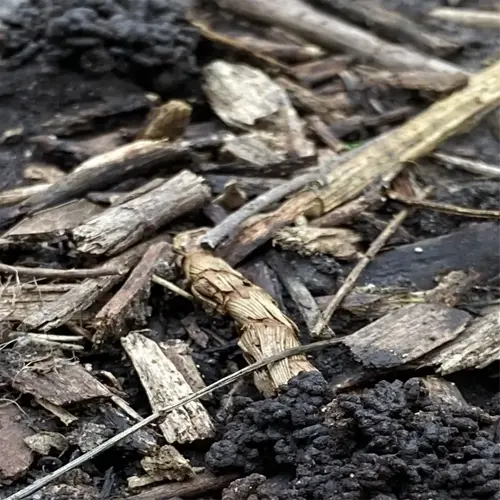Are earthworms beneficial for vegetable gardens?

Written by
Tina Carter
Reviewed by
Prof. Charles Hartman, Ph.D.Earthworms alter vegetable gardens through their activity beneath the soil's surface, known as tunneling. I learned their power when, after tilling my soil and letting the earthworms do their work, I found my clay soil was workable again. Earthworms create effects that increase soil structure through their tunneling, providing pathways for roots and a valuable source of fertilizer known as castings. When earthworms are present and the soil is moist, you will see healthier tomatoes and carrots.
Soil Aeration
- Create vertical tunnels up to 6 feet deep
- Loosen compacted clay and sandy soils
- Improve oxygen flow to plant root systems
- Increase water infiltration rates significantly
Nutrient Cycling
- Produce castings with 5x more nitrogen than soil
- Release phosphorus and potassium slowly
- Convert organic matter into plant-available nutrients
- Enhance microbial activity around roots
Moisture Management
- Increase water retention in sandy soils by 30%
- Reduce runoff in heavy clay gardens
- Maintain consistent moisture during droughts
- Create ideal conditions for seed germination
Each species of earthworm has specific advantages. Nightcrawlers, for example, are better at aerating soil at deeper layers. At the same time, red wigglers are particularly effective at aerating the soil at the surface. I have both in my garden beds. Their combined work creates favorable growing conditions in my garden beds, particularly for root vegetables like potatoes and carrots, throughout the entire season.
You can attract earthworms by keeping your soil moist with organic mulch. Spread 3 inches of shredded leaves or straw around plants. I try not to till to protect the tunnels they create. If you apply coffee grounds and crushed eggshells once a month as a supplemental food source, you'll have twice the number of earthworms by next season.
Earthworms are the best indicators of soil health - if you have 10 per square foot, you have ideal conditions. Test your soil by digging a cubic foot of soil in the morning. I increased the number of earthworms from three per cubic foot of soil to fifteen after adjusting the conditions. Once earthworms start colonies, you will get better vegetable harvests with less fertilizer.
Read the full article: Beneficial Insects Garden Natural Pest Control

